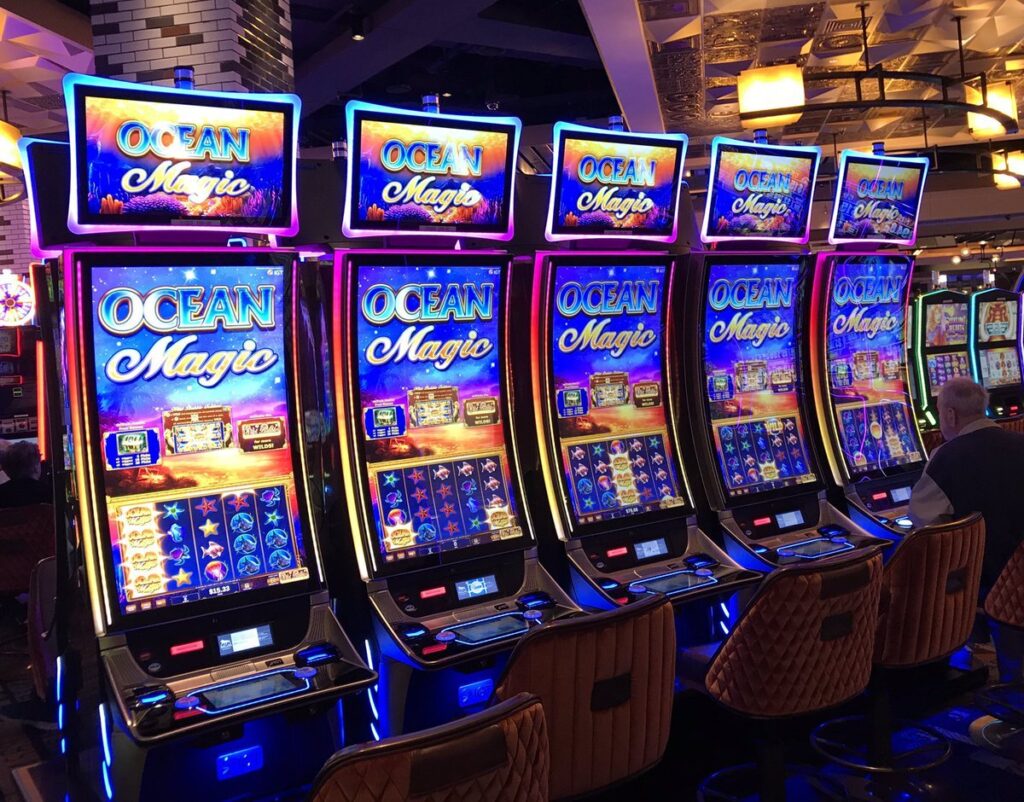Slot machines are a staple in casinos and online gambling platforms, attracting millions of players with their bright lights, catchy sounds, and the promise of instant rewards. But what is it that keeps players coming back to these machines, even though the odds are stacked against them? The answer lies in a complex combination of psychology, design, and reward mechanisms. Understanding the psychology behind slot machines helps explain why they are so addictive and why players often find themselves returning to play again and again. This principle, rooted in behavioral psychology, states that rewards given at unpredictable intervals are more powerful and more likely to encourage repeated behavior than rewards given on a fixed schedule. Slot machines operate on this principle by offering payouts at random, often leaving players uncertain of when the next win will come. This uncertainty triggers the brain’s reward system, particularly the release of dopamine, a neurotransmitter linked to pleasure and motivation.

Each time the reels spin, the player is uncertain whether they will win, but they are hopeful that this spin could be the one that brings a significant payout. This uncertainty can be especially addictive. Known as the near-miss effect, the feeling of almost winning can have a profound psychological impact. When players come close to hitting the jackpot, even though they have not won, their brain interprets it as a potential for future success. This illusion of proximity to a win encourages them to keep playing in the hopes that the next spin will lead to a payoff. Research shows that near-misses can be just as motivating, if not more so, than actual wins because they fuel the belief that a big win is just around the corner. In addition to variable reinforcement and the near-miss effect, sensory cues also play a significant role in keeping players engaged. The slot dana machines are designed to bombard players with stimuli that stimulate their senses and keep them entertained.
The flashing lights, exciting sounds, and engaging visuals create an immersive experience that can cause players to lose track of time. These sensory rewards trigger emotional responses, making the experience of playing feel more rewarding than it might actually be. Even small wins are celebrated with sounds and lights, reinforcing the idea that success is achievable. Another psychological mechanism at play is loss aversion. This concept, based on behavioral economics, suggests that people feel the pain of losing money more intensely than the pleasure of gaining money. This feeling is amplified in slot machines because players often continue to play, hoping to recoup their losses. The longer they play, the more they may feel compelled to continue chasing losses, believing that a win is just around the corner. This is particularly effective in slot machines because they offer quick and frequent opportunities for players to make decisions, further reinforcing the sense of urgency and action. Lastly, many slot machines are designed to tap into the player’s fantasy of winning big.